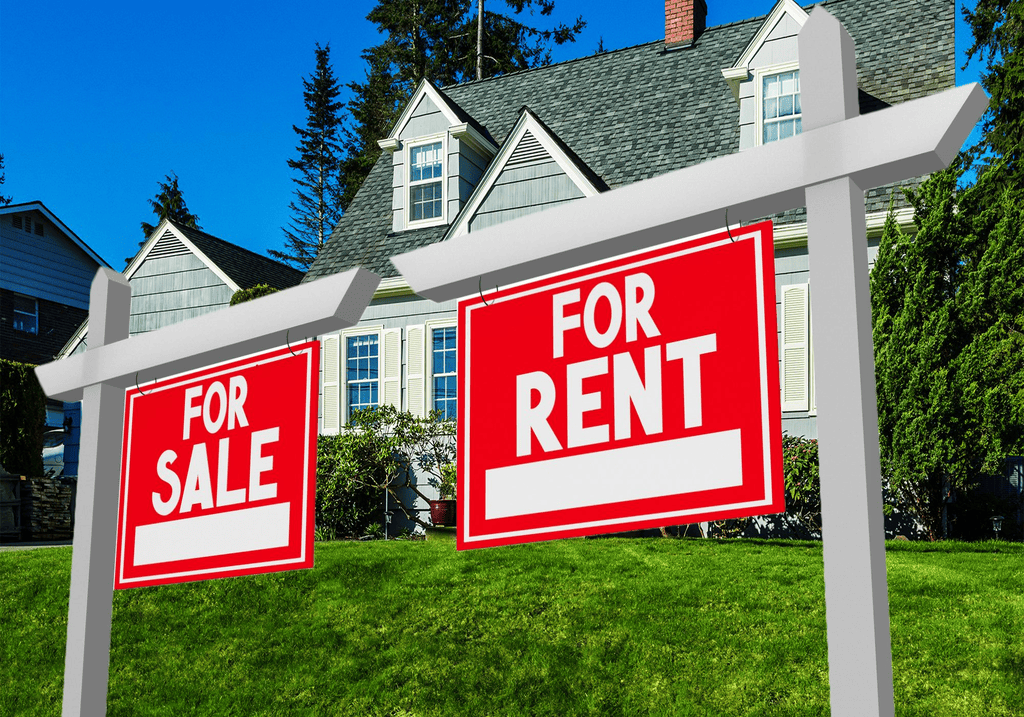Housing is a fundamental need, however, when it comes to deciding whether to rent or buy a house, many Nigerians struggle with making the right choice. The debate between buying a house and paying a rental fee is ongoing, with both options presenting distinct advantages and challenges. While renting offers flexibility, owning a home provides long-term stability and financial growth. So, which is the better option? Let’s break it down.
Renting in Nigeria
Renting a home is the most common choice for many Nigerians, especially those in major cities like Lagos, Abuja, and Port Harcourt where most of the residents are workers with high chances of being transferred to other states. While it seems like a convenient option, there are some critical disadvantages of renting a house that should be considered.
Before moving into a rental property, tenants must sign an agreement of rent, which outlines lease terms, payment schedules, and responsibilities. While this contract offers some legal protection, landlords can still increase the rental fee or refuse to renew leases, leaving tenants with uncertainty.
Renting vs. Buying Pros and Cons
Pros of Renting
- Lower Initial Costs: Unlike buying a house for the first time, renting requires little upfront payment beyond the security deposit and advance rent.
- Flexibility: Renters can relocate easily without the burden of selling a property.
- Less Responsibility: Tenants don’t have to worry about major repairs or property taxes.
Disadvantages of Renting a House
- No Long-Term Value: Rent payments do not contribute to ownership.
- Instability: Landlords can increase rental fees or ask tenants to leave with short notice.
- Limited Control: Tenants often have restrictions on modifications and improvements.
Buying a Property in Nigeria
Owning a home in Nigeria is a significant milestone that comes with financial security, personal freedom, and long-term wealth accumulation. Unlike renting, homeownership means investing in an appreciating asset while avoiding the instability of rising rental fees. The real estate market in Nigeria offers a variety of options, from standalone houses to luxury apartments, with different financing plans available. However, buyers must navigate legal procedures, ensure proper documentation, and work with reputable developers or agents to avoid fraud. While buying a house for the first time can seem overwhelming, careful planning and informed decision-making can make the process smoother and more rewarding.
Why Buying is Better Than Renting
Many financial experts argue that buying a house is a more advantageous long-term investment. Despite the initial financial commitment, homeowners enjoy security, appreciation in property value, and freedom from rising rental fees.
- Building Equity and Financial Security
Owning a home means each payment contributes to equity, increasing your net worth. Unlike renting, where payments benefit the landlord, buying a house ensures that your money works for you in the long run.
- Freedom and Stability
Homeownership provides stability that renting cannot. Once you purchase a house, you are free from unexpected rental fee hikes and landlord policies. You can renovate or customise your property to your taste without restrictions.
Steps to Buy a House in Nigeria
For those ready to transition from renting to homeownership, following the right steps can make the process smoother.
1. Assess Your Financial Readiness
Before you start searching for a house, evaluate your financial status. Consider your income, savings, and credit score to determine if you can afford a mortgage or outright purchase.
2. Research the Market
Understand property trends in your preferred location. Compare prices, neighbourhood developments, and available financing options.
3. Secure Financing
Explore different mortgage options, government schemes, or payment plans from developers to find the best deal.
4. Work with a Trusted Real Estate Agent/Company
Hiring a professional ensures you avoid fraud and make informed decisions. It also eases the burden of cumbersome paperwork.
5. Inspect and Verify the Property
Before making any payments, conduct thorough inspections and confirm legal documents to ensure legitimacy.
Final Thoughts: Rent or Buy a House?
Deciding whether to rent or buy a house depends on your financial position, long-term goals, and lifestyle preferences. While renting provides short-term convenience, buying a house is a more stable and financially rewarding choice in the long run.
Buying a house through mortgages or flexible payment plans is a wise financial move for those looking to secure their future. If stability and wealth-building are your priorities, buying a house is the better choice.




